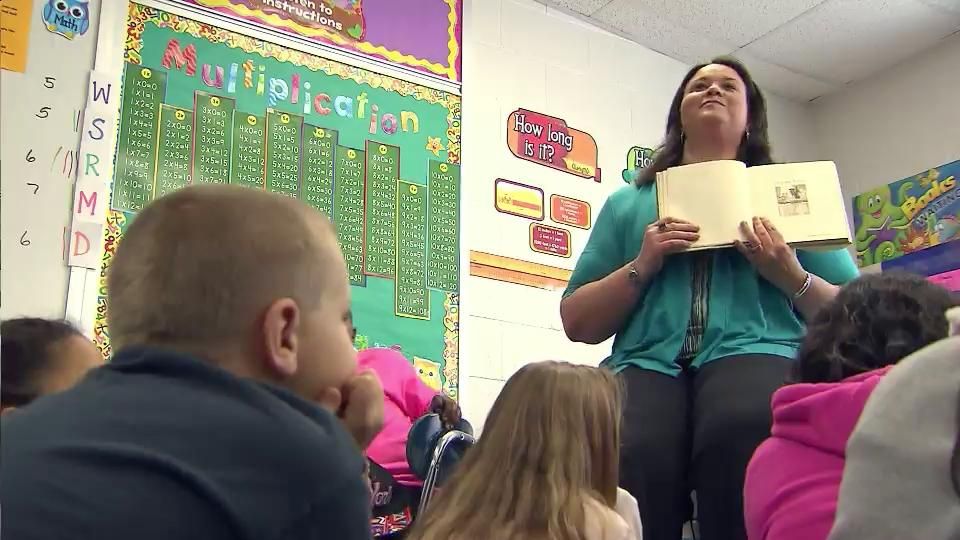Young NC students making gains on reading skills

Some of North Carolina's youngest students are meeting benchmarks in reading, according to new data released Thursday by the state Department of Public Instruction.
It’s a sign of accelerated learning and hope that more children will be ready for tougher coursework as they get older.
The data, which focuses on kindergarten through third grade, raises the question of what might be working in North Carolina to boost the pace of kids’ learning. Some, including State Superintendent Catherine Truitt, are pointing to the state’s new approach to reading instruction that’s heavier on breaking words down into letters and sounds.
“I’m thrilled because last year’s results show the state’s firm commitment to literacy instruction grounded in the science of reading is beginning to pay off," Truitt said in a statement. "There is more work to do, but our state is well on its way to laying the foundational literacy skills that are critical for students to become strong readers.”
At the same time, schools are increasing investments in training, paid tutors and volunteers for intensive literacy tutoring for elementary school students. They’re using the temporary influx of federal pandemic relief dollars to do it.
It’s part of an effort to accelerate learning after the pandemic pushed students out of classrooms and into their homes and children weren’t able to learn as much.
Learning has accelerated in some other subject areas, as well, including math.
The data released Thursday is from the Dynamic Indicators of Basic Early Literacy Skills screener. The screener isn’t as intense or comprehensive as a standardized test, like end-of-grade or end-course exams. It’s typically brief, made up of a handful of one-minute assessments, and is used throughout a school year to measure progress.
The screener gets tougher as the school year goes on and as children are expected to know more.
The data from this past school year shows more of North Carolina’s students met their benchmarks as the year went on. That means many children who were behind at the beginning of the year gained ground and caught up to their peers, even as their peers were also progressing.
Students are also did better than the kindergarten through third graders did the year prior, although the students aren’t totally comparable, because fewer of last year’s kindergarten through third grade students did elementary school remotely during the pandemic.
In the past year, 65% of kindergarten through third graders were at or above their benchmark by June, compared to 59% by June during the 2021-22 school year.
Still, there’s room to grow. Twenty-two percent of students were “well below” benchmarks by the end of this past year.
North Carolina is outpacing the nation in gains.
About one-third of North Carolina kids were at risk of needing intervention to start the school year. Even as the standards got tougher, less than one-quarter were at risk by the end of the year.
North Carolina has been training thousands of educators on more research-based methods of teaching reading. So far, 29 of the state’s 115 school systems have completed the training. Wake County, and many others, will complete it by the end of the upcoming school year.
Truitt told the State Board of Education on Thursday she thinks the training is why children are doing better on their quizzes.
The training has been both praised by teachers and a source of frustration as teachers work an extra 60 to 80 hours each year for two years to complete it, some without compensation.
But the data is something to celebrate and congratulate teachers on, Board Member Jill Camnitz said.
“I hope that this confirms to all of them that this work was worth it, because these are students are going to go forward in their educations with the kind of base that they need to be successful,” she said.
Camnitz noted the state still needs to work on helping older students who are still behind.
Truitt said the department plans to present a solution to help intermediate grade students to the General Assembly during the next legislative short session.













